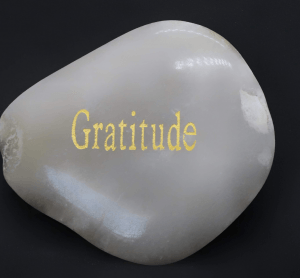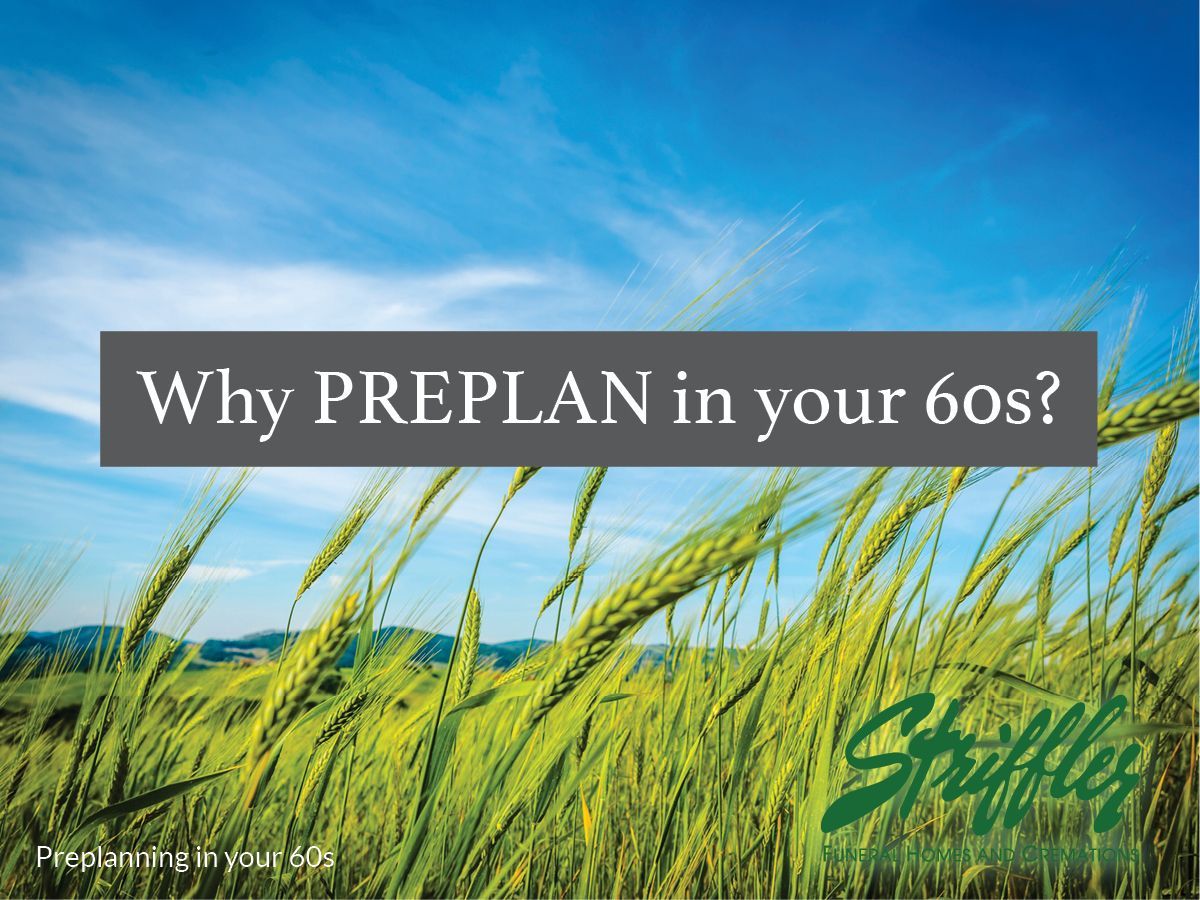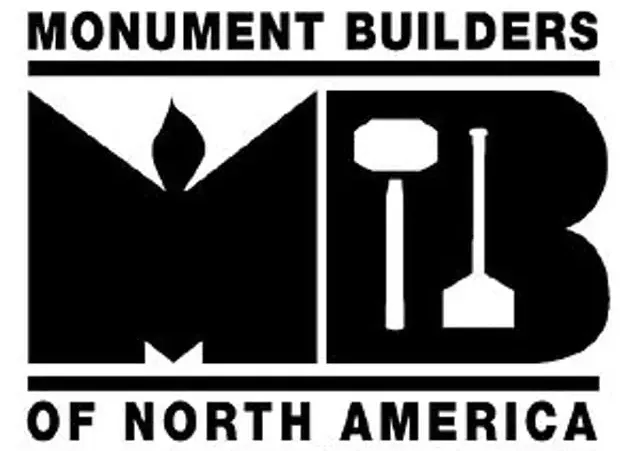What are some benefits of being grateful?

Exercising gratitude can be an amazingly simple and beneficial task. However, we live in a society that is always on the move, so taking the time to focus on being grateful can sometimes be overlooked. We often end up feeling so busy that we never even stop to think about how lucky we are to have so much in our lives!
More often than not we complain about what is going wrong and yet many of us never really take the time to stop and see why we should be grateful. Taking the time to stop and do some exercises focusing on gratitude can be beneficial and worth one’s time.
Exercising gratitude can improve your physical, mental, and emotional health. This includes giving you more energy and helping to support a healthier sleeping schedule. Having a larger sense of gratitude can increase your overall wellbeing.
Since performing small exercises of gratitude can be so beneficial, we have outlined several exercises that you can do at different times throughout the day. These examples start by going over exercises that are generally practiced in the morning, throughout the day, and lastly before bed. You can decide what exercise and what time works best for you as you try the different options.
Start your day with gratitude: Not everyone is a morning person and getting started on a new day can be tough sometimes. Starting your day by focusing on gratitude may help put you in a good mood.
An example of how to put yourself in a gratitude mindset is by thinking of three to five items that you are grateful for from the previous day. If you get stuck, you can always think of something that you are grateful for in general, such as your favorite season. This exercise can be done as you lay in bed, or over your morning cup of coffee. It will soon become a simple addition to your morning routine and may give you something to look forward to every morning when you wake up, and every night when you get ready to go to sleep.
Start a gratitude jar: This is an easy exercise that takes only a jar and some pieces of paper. First, find a jar of any size. Take a small piece of paper and write down something brief that makes you feel grateful. Reflect on what you wrote down, and then put the piece of paper into the jar. Your jar will begin to fill up. Anytime that you are feeling sad, you can take some of the papers out of the jar and reflect on what makes you grateful.
Find a gratitude rock: To do this you first must find a smaller rock. Place the rock somewhere that you will see it such as a desk or nightstand. The rock is meant to be a physical reminder for you to stop and take a moment to focus on your gratitude.
Throughout the day look at the rock and reflect on something that makes you grateful . If you are traveling or even running errands, carry the rock around with you in your pocket. Pull it out from time to time and take a moment to reflect on your gratitude. Keeping the rock around you will help to remind you to always take a moment to be grateful for what you have no matter where you are in life.
Avoid being negative : We all feel the need at times to be negative. Though this release can be helpful now and then, ultimately negativity results in distracting us from focusing on the various tasks. Negativity not only slows us down, but it can worsen our mood as it causes us to focus on the negative rather than positives.
Be less negative in smaller steps. Strive to go one full day without any negativity. Try in one month, for a total of four days, no negativity. The following month try to go three days a week without negativity. Do that for a full month for a total of twelve days with no negativity. The next month take one week out and strive not to be negative at all during that week. Do this twice for a total of fourteen days with no negativity that month. The more that you do this the more that you will begin to shift your mindset and train your brain to not be negative. This may result in you having more time to focus on positives rather than negatives, such as what makes you grateful. Take the time you use on being negative and use it instead to focus on gratitude.
Set a gratitude alarm: Set an alarm for a random time after you are done with work for the day. When the alarm goes off, turn it off and then pause. Think of something that you are grateful for from that day. Reflect on how that made you feel and affected your day. This is a great exercise to use during the evening or early night, while you are winding down.
Four end of day questions : At the end of every day as you are getting ready for bed there are four questions that you can ask yourself to reflect on your day and focus on gratitude.
What touched me spiritually today?
Who or what inspired me today?
Who made me smile today?
What is the best situation that happened today?
Asking these questions and reflecting on the answers may put you in a super mood as you drift off into sleep.
There is no right or wrong time for you to do an exercise in gratitude. You should find both an exercise and a time that works well with your daily schedule. If you want to do one a certain day of the week and another on a different day then do so. Usually, they do not take much time but doing a daily gratitude exercise may be greatly beneficial for your overall mindset as well as your levels of productivity.
If you have any comments please feel free to contact us by phone at 412-678-6177 or by email at strifflers@yahoo.com.
For more information about our services, please visit www.strifflerfuneralhomes.com















